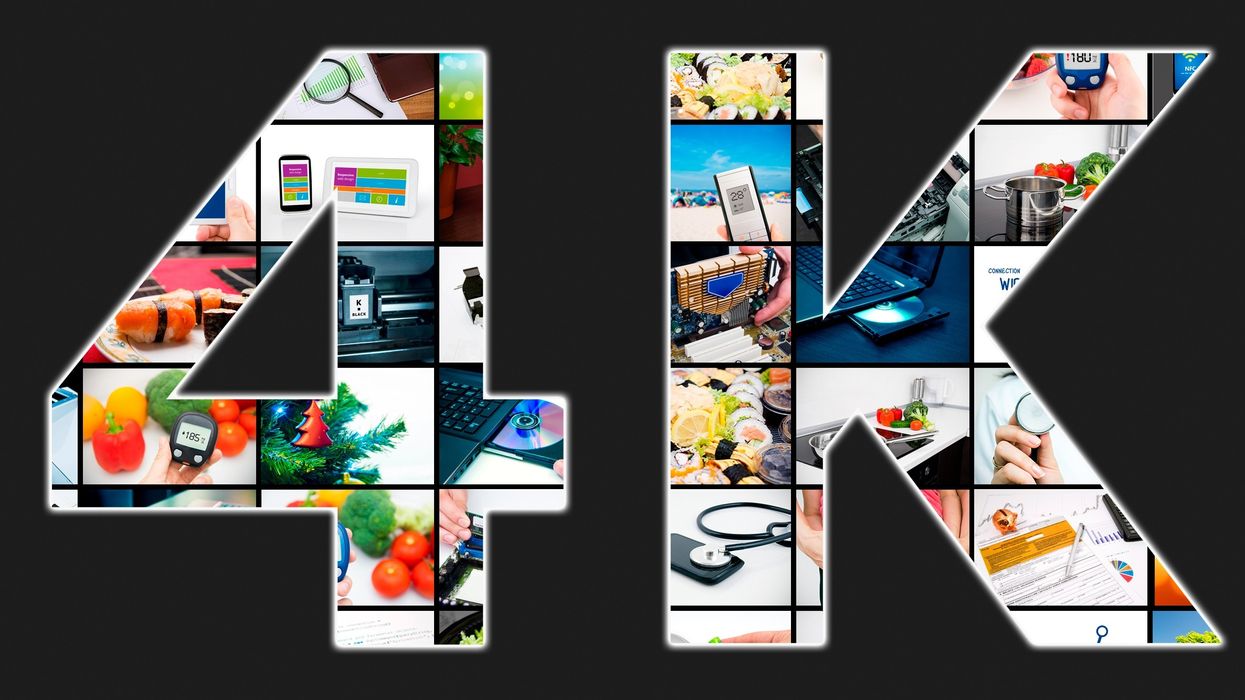Still Not Shooting in 4K? Here's Why You Might Want To
Should you shoot in 4K? (Yes, we're still talking about this.)

Even though it seems like every filmmaker has a camera that shoots 4K, there are still plenty of those out there still making movie magic in HD. However, if you've been wondering lately whether or not you should make the transition to a higher resolution, you might want to learn a few of the benefits of shooting 4K other than the obvious (a bigger, clearer picture). Filmmaker Peter McKinnon shares a few of those benefits in the video below.
Okay, admittedly this subject seems a little dated. These days, everybody shoots 4K, right? Well, it would seem so, but there are still plenty of filmmakers out there who haven't been able to (or don't want to) get their hands on a 4K camera—most likely those who are trying to ball on a budget on a Canon Rebel T7i that only shoots HD. And that's pretty understandable given the fact that many popular (and expensive) cameras from even just two years ago weren't built with internal 4K recording. Suffice it to say that the switch from 1080p to 4K was a relatively quick one.
I'll admit it: when 4K began to replace 1080p as the standard, I wasn't really on board. I used to downsample my 1080p footage to 720p when I uploaded my videos online, because back then the image quality was, in my opinion, more than good enough for the work I was doing. In fact, the guy I bought my camera from was a cinematographer who worked for HBO who asked me to promise him that I'd only shoot in 720p, because 1080p was "a slightly better-looking waste of disk space." So, when 4K came on the scene, my thinking was, "If 1080 was good yesterday, it's still good today." Arrogant, I know. (The difference in image quality between 4K and 1080p is much more noticeable than the difference between 1080p and 720p.)
Now, I'm not pro-4K because it provides better resolution than 1080p. If you're shooting sports, nature docs, or something that would really benefit from having a crisp and clear image then definitely, shoot in the highest resolution you possibly can. However, if you're shooting a drama film, be it a short or a feature, that you're going to release online only, then 4K might be overkill. Understand, I'm not saying don't shoot in 4K, I'm saying you may not need to upload it in 4K.
Resolution is a decision. I'd warn any filmmaker about making the assumption that 4K is the "best" resolution for their project. However, the benefits of shooting 4K actually has less to do with resolution than it does giving yourself more creative options, like the abilities to 1. Crop in and essentially create a whole new shot, 2. Create a tracking camera motion in post, and 3. Downsample if you feel like it.
Besides, 4K cameras are cheaper than they've ever been. Maybe a few years ago, it cost a pretty penny to get a nice camera that shot 4K internally, but now, this isn't as big of a problem.
This is definitely a hotly debated subject, so feel free to (respectfully) discuss your position on the 4K vs. 1080p war down in the comments.
Source: Peter McKinnon











